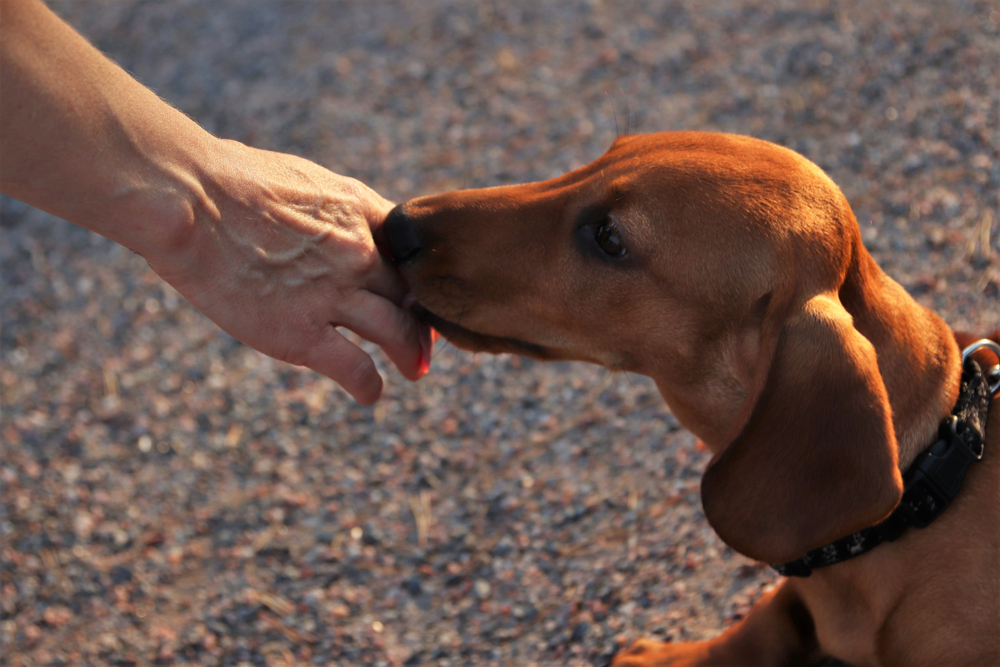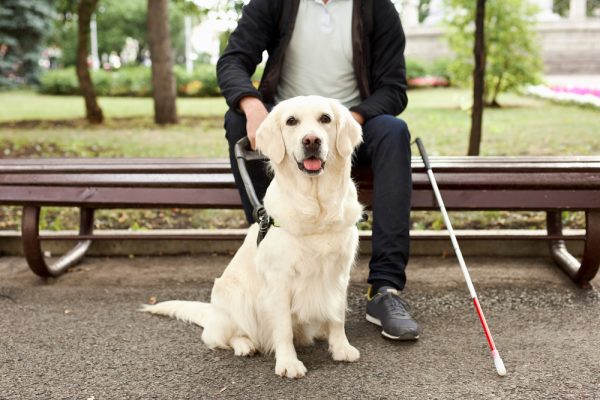In this article
View 4 More +Dogs have incredibly sensitive noses, and they can pick up on scents far better than a human can, enabling them to track people and animals over rough terrain, even several days later. Certain studies show that canines may be able to smell different types of cancer, and recently, people have suggested that they can even smell a sexually transmitted disease (STD).
Unfortunately, while that may be possible, more research is needed on the subject. Keep reading as we look into the capability of your dog’s nose and discuss the research that scientists are doing regarding canines helping humans with certain medical conditions.

The Canine Sense of Smell
Olfactory Receptors
Dogs have between 100 million and 300 million olfactory receptors in their noses, while humans have about 6 million, which means that dogs have a much greater ability to pick up a scent and differentiate it from other odors.

Olfactory Brain Region
The part of a dog’s brain that analyzes smells is proportionally 40 times greater than ours, making the dog’s nose 10,000 to 100,000 times more sensitive. This means canines dedicate more energy to interpreting the scents that they pick up than we do, enabling them to process more complex information about what they are detecting.
Discrimination Ability
Dogs can discriminate different types of scents accurately and can even distinguish individual components of a complex scent, which enables them to follow trails through contaminated environments.
Scent Memory
Dogs can remember scents for a long time, so they can recognize and return to a scent that they have encountered before, which is critical for search-and-rescue efforts. It also helps dogs recognize their owners and other dogs even after long periods of separation.
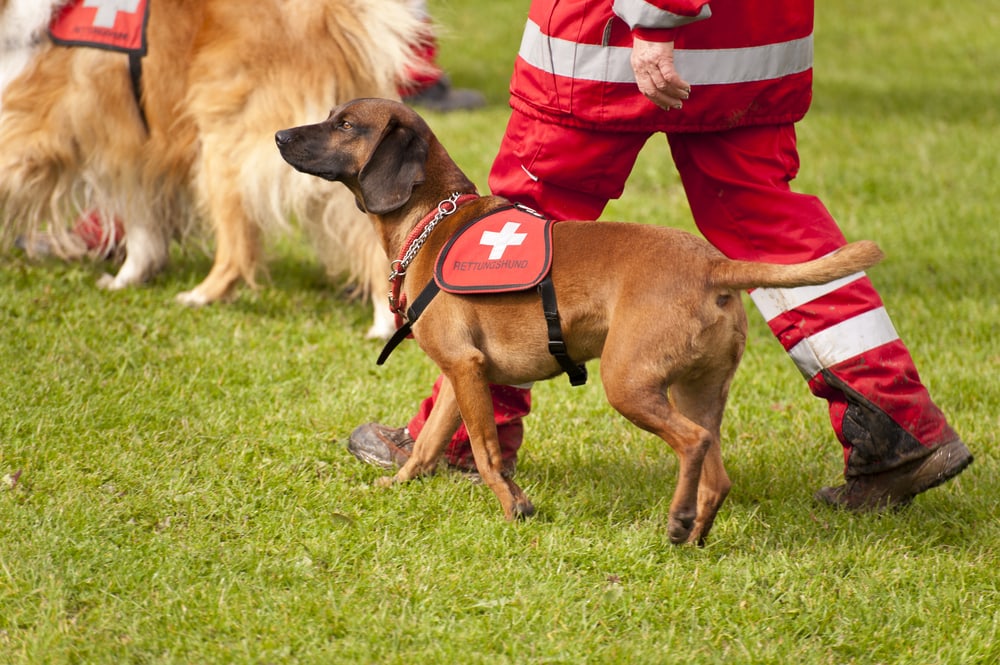

Can Dogs Smell Disease?
Studies have shown that dogs can pick up on the scent of several kinds of diseases, including skin cancer, breast cancer, and lung cancer, with surprising accuracy, usually by smelling their breath, skin, or bodily fluids. Studies have also shown that they can detect diabetes, malaria, Parkinson’s disease, and even COVID-19.
Can Dogs Detect an STD?
Unfortunately, our understanding of a dog’s ability to smell still necessitates a great deal of research, and there haven’t been any real studies to confirm or deny their ability to detect an STD. However, there is a good chance that they could do so with proper training. Dogs can detect bacteria and other physiological changes, so there is a good chance that certain STDs producing a change in our natural scent could be picked up by a dog. For now, though, we need to rely on traditional doctors and tests.
Interesting Facts About Your Dog’s Nose
- Dogs can continue to sniff even when exhaling due to the design of their nose.
- Dogs have a vomeronasal organ that helps them detect pheromones, special chemicals that help them communicate with other canines, essentially giving them a second sense of smell.
- Each nostril in a dog’s nose works independently, like our eyes, giving them a three-dimensional sense of smell.
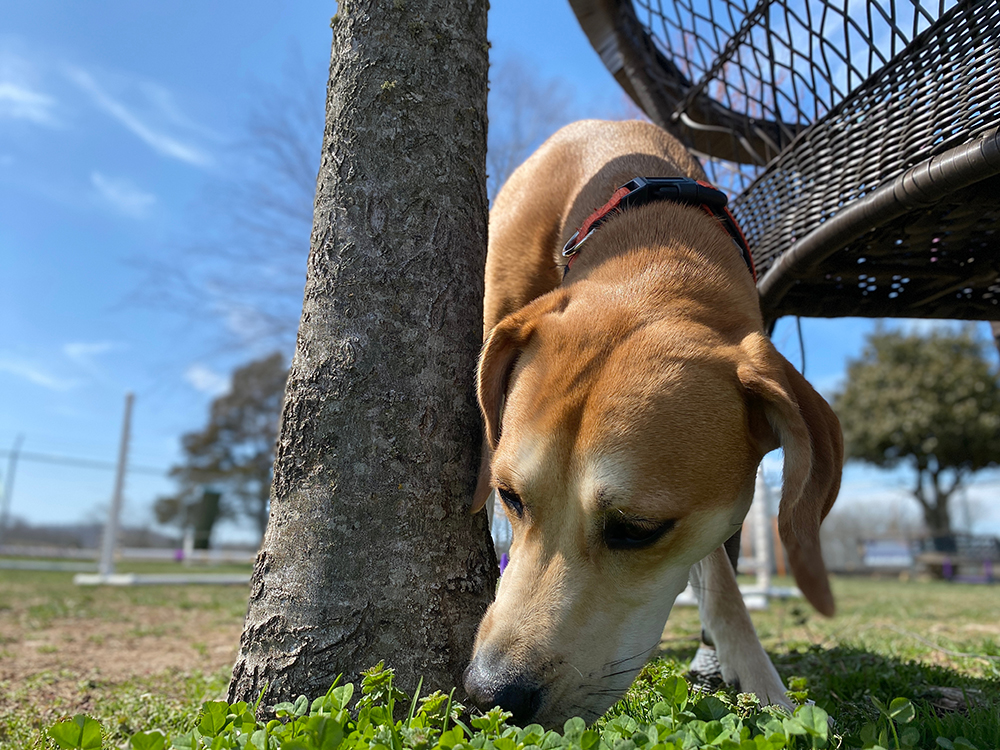

Frequently Asked Questions (FAQ)
Can All Dogs Detect Diseases, or Does It Require Special Training?
While all dogs have a keen sense of smell, detecting specific diseases usually requires special training to help them know what they should be looking for and then be able to share their findings with their human companions. For instance, doctors might train a dog to detect diabetes by having them smell the breath of several individuals who have the disease first. The same type of training is needed for a dog to perform search and rescue or to find drugs.
Are Some Breeds Better at Sniffing Out Certain Diseases or Substances Than Others?
While all dogs have a sensitive nose, some are better at detecting scents than others. Bloodhounds, Beagles, and Labradors have especially sensitive noses, and you will often see them working with law enforcement and other agencies that utilize the canine sense of smell.
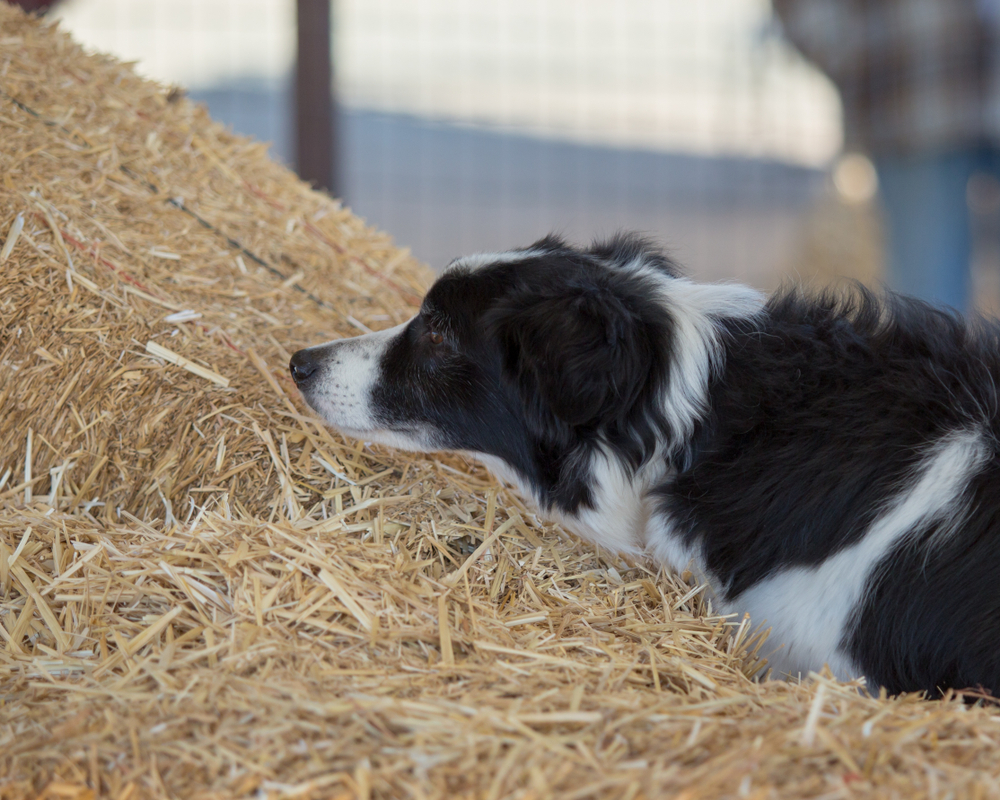
How Do Environmental Factors Affect a Dog’s Ability to Smell?
Wind and humidity can impact how scent travels and its intensity. Rain can either enhance smells or wash them away, while the wind can carry scents over longer distances. However, dogs are skilled trackers that typically know how to work around the weather.

Summary
While it’s possible that dogs can detect at least a few sexually transmitted diseases, more research needs to be done, as scientists are currently studying how they can detect other diseases, such as cancer and diabetes.
A dog’s nose is extremely sensitive, up to 100,000 times more sensitive than a human’s nose, and they can smell bacteria and small changes in human physiology. They also have a strong memory of scent and will be aware of any sudden changes that occur, no matter the cause.
See also:
Featured Image Credit: T. Miettinen, Shutterstock
